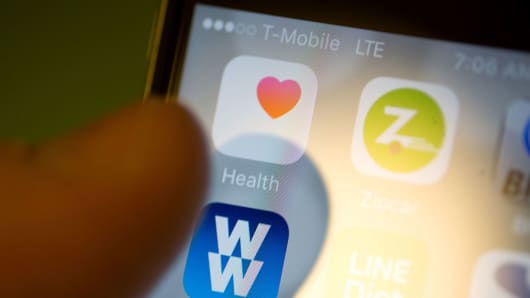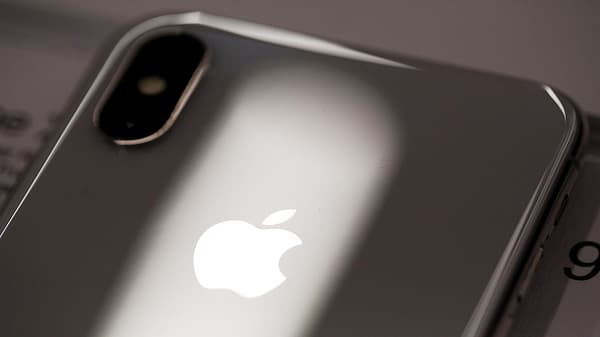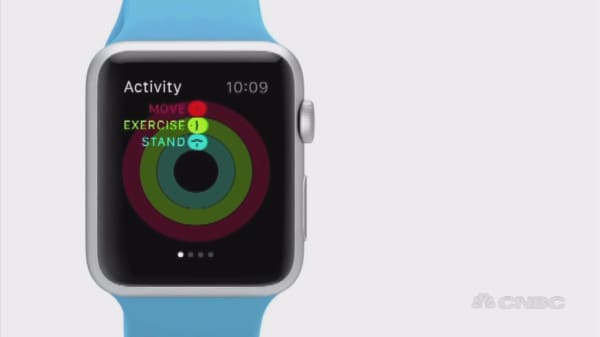Apple's potential role in delivering health records to consumers was underscored this week by a government watchdog report that showed how costly and complex it is for patients to retrieve their most sensitive data.
In a 25-page report about the "fees and challenges" that patients face in getting their medical records, the Government Accountability Office said many people simply give up on trying to collect their personal information when they hear of the cost, especially if they're very ill.
The GAO provided examples from a patient advocacy group, including two patients who were charged more than $500 for a single record request, one who was charged $148 for a "PDF version of her medical record," and two others who were "directed to pay an annual subscription fee" for access.






